The broad category of pastry equipment includes a diverse array of machines and implements tailored for the crafting of pastries and other baked delights. Essential to a variety of food-centric enterprises such as bakeries, hotels, eateries, and production facilities, this pastry equipment is designed to meet the demands of businesses seeking enhanced productivity, user-friendliness, and durability in their baking operations.
Types and Applications of Pastry Equipment
The pastry equipment sector boasts a plethora of types, each with distinct features suited to various baking tasks. Convection ovens are favored for their uniform heat distribution, a key factor for evenly baked pastries. Dough sheeters and proofers are essential in the efficient preparation and fermentation of dough for bread and pastries. For the intricate work of decoration, tools such as piping bags and airbrushes are employed to impart artistic touches to fine pastries. Each piece of equipment is purpose-built to facilitate everything from ingredient blending to the artful presentation of baked goods.
Structure and Features of Pastry Machinery
The structural design of pastry machinery is a testament to engineering ingenuity, aimed at boosting the efficiency and quality of pastry production. A standard pastry mixer, to illustrate, is composed of a robust frame, a potent motor, a mixing bowl, and various attachments for assorted mixing methods. Ovens come with sophisticated temperature controls and timers for exact baking. These elements work in concert to ensure a smooth transition from raw ingredients to sumptuous pastry creations. Features such as programmable settings and touch-screen interfaces grant bakers the precision needed to achieve consistent outcomes.
Materials and Durability in Pastry Equipment Design
Material selection in pastry equipment is pivotal, influencing aspects from longevity to hygiene. Stainless steel is widely used for its anti-corrosive properties and ease of sanitation, contributing to a hygienic workspace. Some devices integrate marble components, particularly in areas where dough is processed, owing to marble's cool surface that prevents sticking. These material choices offer numerous advantages, including prolonged lifespan of equipment, lower maintenance expenses, and compliance with food safety regulations.
Business Usages and Key Selling Points
Pastry equipment is integral to a host of business environments, each with unique requirements. In the realm of commercial catering, the capacity to swiftly produce large quantities of pastries is invaluable. For boutique bakeries, precision and adaptability of the equipment are paramount to craft artisanal and bespoke confections. These tools add business value by boosting productivity, ensuring consistent quality, and facilitating the creation of a broad product range, thus enabling businesses to broaden their market reach and offerings.
Functions and Capabilities of Pastry Equipment
The fundamental role of pastry equipment lies in aiding the various phases of pastry creation. Mixers are adept at kneading dough to optimal consistency, while ovens are tasked with achieving the perfect degree of fluffiness and hue in the bake. Specialized apparatuses, such as fondant rollers and chocolate tempering machines, handle the delicate tasks of adornment and finishing. These operations, if done by hand, are arduous and time-intensive, yet with the appropriate machinery, they can be performed with finesse and efficiency.
Features and Unique Selling Points
The distinctive attributes of pastry equipment distinguish them in a competitive marketplace. Certain machines feature energy-saving modes, which can diminish operational costs for businesses. Others are equipped with smart technology, enabling remote control of the apparatus and real-time monitoring of the baking process. These unique selling propositions offer not just convenience but also enable businesses to embrace sustainable practices and harness technology for enhanced quality control.
Benefits and Improvements to the User
The advantages of employing specialized pastry equipment are significant. They address the challenge of mass production in commercial settings without compromising on quality. Users can anticipate enhancements in product uniformity, a decrease in manual labor, and an uptick in production speed. For businesses, this equates to an improved bottom line, with the capacity to more effectively and efficiently meet consumer demand.
How to Choose the Right Pastry Equipment?
Choosing the appropriate pastry equipment necessitates a thorough evaluation of a business's specific needs. Considerations such as the volume of production, the space available in the kitchen, and the variety of pastries being made should inform the selection process. A compact cafe might select a versatile oven to save space, whereas a large-scale bakery may require a specialized dough sheeter to handle extensive production demands. It's also vital to ensure that the new equipment will integrate seamlessly with the existing kitchen configuration and electrical infrastructure.
How to Maintain Your Pastry Equipment?
Maintaining pastry equipment is crucial for its sustained performance and longevity. Routine cleaning is imperative to prevent the accumulation of food remnants and grease, which could taint the flavor of pastries and pose health hazards. Regular servicing is particularly important for intricate machines with numerous moving parts. Adherence to a maintenance regimen can help businesses avoid unforeseen malfunctions and expensive repairs.
What are the advantages of using specialized pastry equipment?
Utilizing specialized pastry equipment confers a multitude of benefits, such as uniformity in product quality, heightened efficiency in production, and the capability to craft complex pastry items that would be challenging to produce manually. Moreover, the automation these machines provide can result in savings on labor costs and a more streamlined production workflow.
What after-sales services are available for pastry equipment?
After-sales support for pastry equipment typically encompasses online assistance, video technical support, and the availability of engineers for servicing machinery abroad. These provisions ensure that businesses can maintain smooth operations and swiftly address any issues that arise.
How does pastry equipment enhance the baking process?
Pastry equipment augments the baking process by affording meticulous control over each stage, from the amalgamation and proofing of ingredients to the actual baking and embellishing. This level of precision is crucial for commercial baking, where the repeatability of results is as vital as the flavor and visual appeal of the end product.

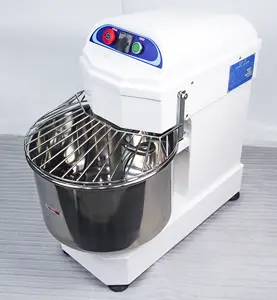

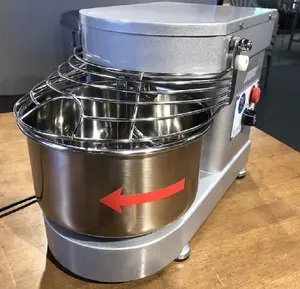

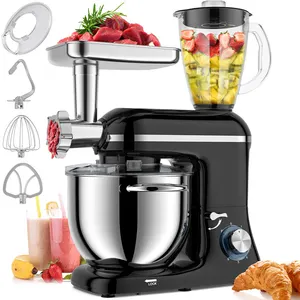

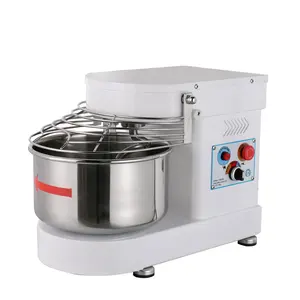

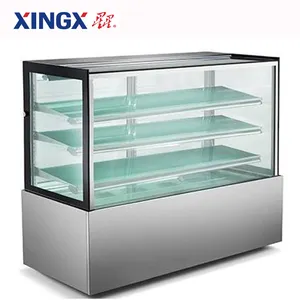



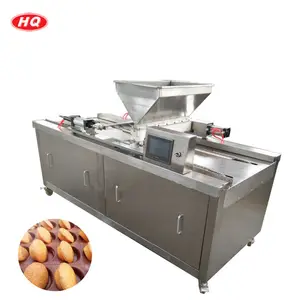
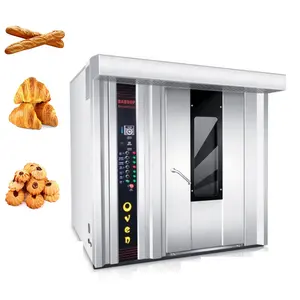
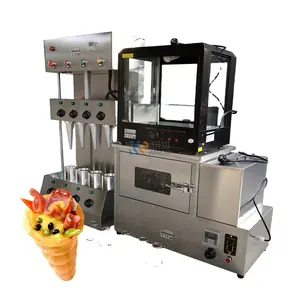
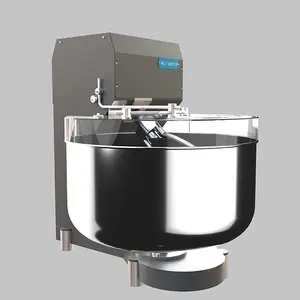


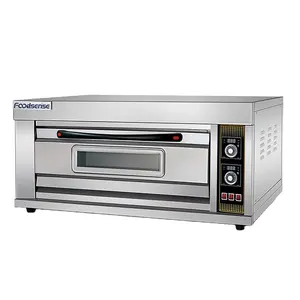
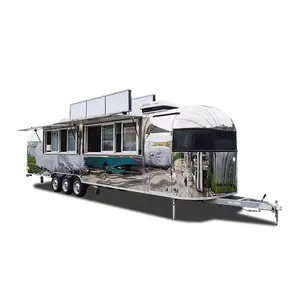



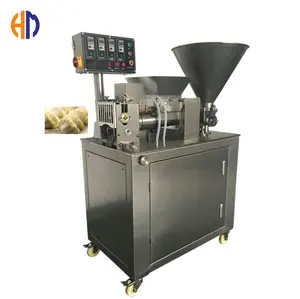




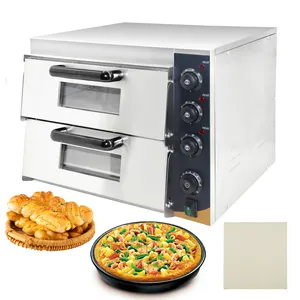
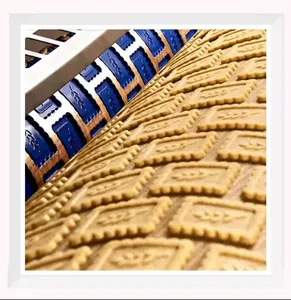

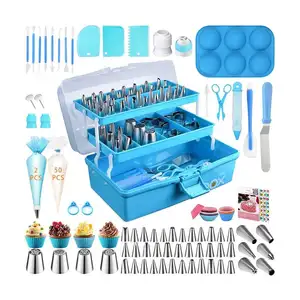


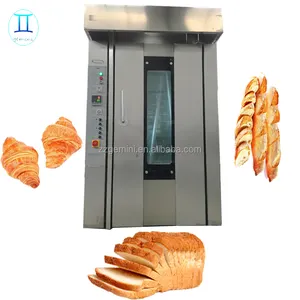


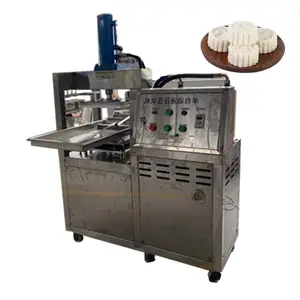



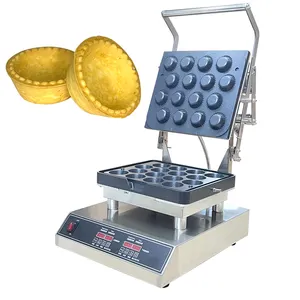






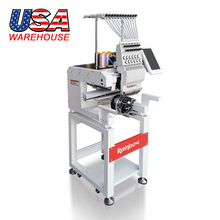


























 浙公网安备 33010002000092号
浙公网安备 33010002000092号 浙B2-20120091-4
浙B2-20120091-4